Tesla Shopping Center Dealership Raises Legal Questions

Electric automaker Tesla opened a new store recently, but the kind of cars it sells isn’t what’s catching attention, at least not entirely.
The brand-owned store in a White Plains, N. Y. shopping mall is angering the National Automobile Dealers Association (NADA), which points out that it’s illegal in some states, New York included, for an automaker to own dealerships. For now, Tesla seems to be flying under the radar because its products are so niche, but that could change in a flash if a major automaker decides to play copycat with the idea.
“The idea that they’re reinventing automotive retailing is somewhat laughable,” Leonard Bellavia, an attorney who specializes in working with auto dealers said.
NADA agreed in a release, saying “the business model that works best is having the manufacturers focus on building quality products and the dealers focused on selling and serving the vehicles.”
But on the other side of the argument, Tesla looks like a kid selling lemonade on the sidewalk. It’s illegal from a permit sense, but who is really going to go after the tyke? Instead, the EV manufacturer is taking a stab at reinventing the wheel.
“We want to engage with people when they’re not thinking about buying a car,” Apple Store visionary George Blankenship said. Now, he’s taken on a new project: finding a novel way to sell Tesla cars.
The idea behind having a showroom sitting mid-mall is that customers will feel less defensive because people don’t associate going to the mall with buying a car. This way, people are encouraged to come in, to touch the cars, to sit in them and to poke around. If that isn’t enough, the new Model S is also on display.
Sales staff aren’t seasoned lot veterans like more other dealerships either. Instead, the location is staffed with people you’re likely to see working in any other store scattered through the shopping center — they’re also not paid on commission. That will probably help lower some of the pressure around walking in, but there’s more: you can’t haggle over price.
There’s also no inventory kept at the store, just the display models on the showroom floor and test cars parked outside. Tesla builds its cars to order, so there’s no need to keep any extra cars on hand.
That business model wouldn’t work for large-scale automakers, at least not exactly as Tesla does it, because those firms can’t build cars to order in the same way. It works well for the little company because it has such a limited product line. Even if a behemoth like Chevrolet decided to launch a similar store, it would be hard pressed to replicate the environment, something Blankenship thinks will work especially well in this case.
While people don’t generally venture to the mall thinking of spending six figures, Blankenship says the sheer volume of people passing the store is roughly 175 times greater than the number of visitors to a traditional outlet.
To date there haven’t been any dealerships taking action against the Tesla boutiques, though that might change in the future if the idea sees enough success for widespread publicity.
[Source: CNN Money]

Luke is an energetic automotive journalist who spends his time covering industry news and crawling the internet for the latest breaking story. When he isn't in the office, Luke can be found obsessively browsing used car listings, drinking scotch at his favorite bar and dreaming of what to drive next, though the list grows a lot faster than his bank account. He's always on <A title="@lukevandezande on Twitter" href="http://twitter.com/lukevandezande">Twitter</A> looking for a good car conversation. Find Luke on <A title="@lukevandezande on Twitter" href="http://twitter.com/lukevandezande">Twitter</A> and <A title="Luke on Google+" href="http://plus.google.com/112531385961538774338?rel=author">Google+</A>.
More by Luke Vandezande






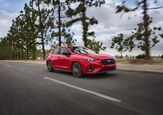

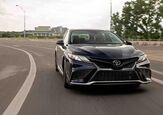









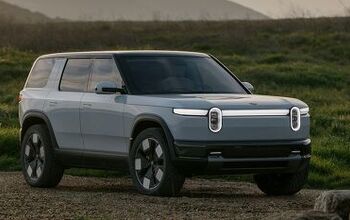
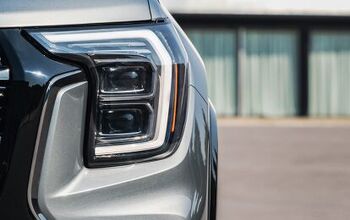
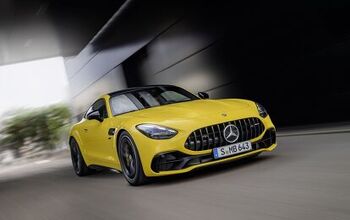
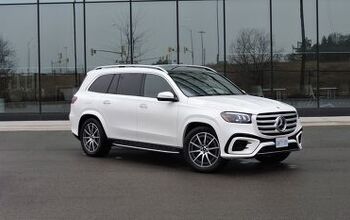



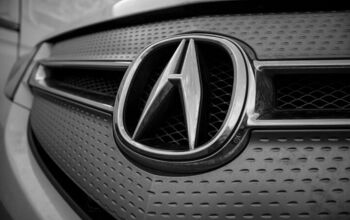
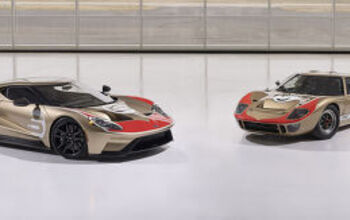
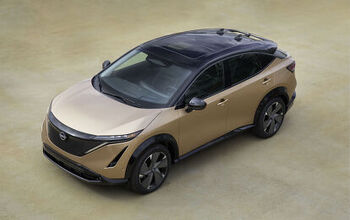

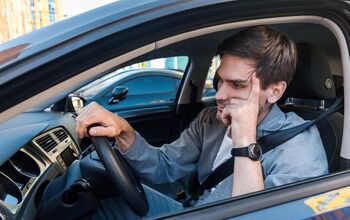
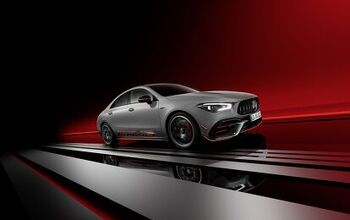
Comments
Join the conversation